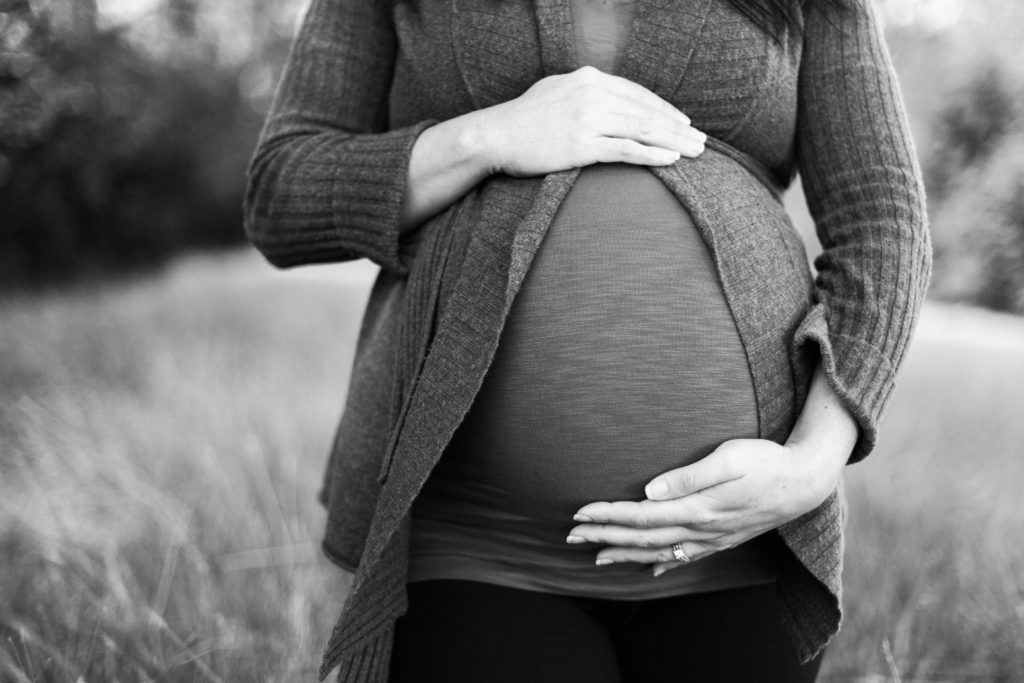When our youngest child was about to start primary school, I felt like I was about to enter a whole new stage of motherhood. I was considering two different part-time ministry jobs, as well as various opportunities to serve at our church and our kids’ school and I felt excited at what lay ahead.
On New Year’s Eve I prayed this prayer (I found it this week in my prayer journal):
Eternal Creator, Loving Father,
I kneel before you at the threshold of a new year and hand my life over to you again. I am willing—and excited—to go wherever you lead me. All I ask is that you keep equipping me for whatever you call me to—with love, wisdom, time, ideas, grace, patience, faithfulness and perseverance. Please fill me with your Spirit to speak the life-giving truth and to live by the truth. Please show me how—and who—to love with time and encouragement, food and comfort …
Amen.
When I prayed that prayer, I had no idea that God was about to answer in the most surprising way. After five-and-a-half years of believing that ‘family planning’ was something in our control, I fell pregnant for the fourth time.
I thought I was open to anything, ready to serve in whatever way God asked me to. Except for this. I’m not ready for this. I had had enough of 24-hour ‘morning’ sickness and the other discomforts and anxieties that come with pregnancy, especially at an older age. I wasn’t confident I had enough energy left to carry and give birth to another baby. I couldn’t face the thought yet more years of breastfeeding dramas, nappies and sleepless nights. I was not emotionally prepared for another five years of having a small person attached to me most of the time. I felt like I was being asked to stay back and ‘repeat’ when I had been about to graduate.
Over that summer, I slowly came to accept the fact that I really was pregnant. I gradually came to realise that carrying, birthing and raising another child was the ministry God had planned for me. It was primarily that person that God wanted me to love with my time and encouragement, food and comfort. And it was for the ministry of motherhood that I would need God’s provision of love, wisdom, time, ideas, grace, faithfulness and perseverance, as I had prayed.
I felt a mixture of emotions as I told people the news: sometimes I felt guilty that I was ‘going back for fourths’ while others were struggling to conceive even one child; other times I felt embarrassed (‘Don’t you guys know how babies are made?’); sometimes I tried to second-guess God’s plans—surely this would be that long-awaited daughter! (It wasn’t.)
Now I’ve written a new prayer for those who find themselves surprised by pregnancy …
Keep reading over at Growing Faith, a Christian online magazine for parents. Find out more about Growing Faith and subscribe to our monthly e-newsletter here.




